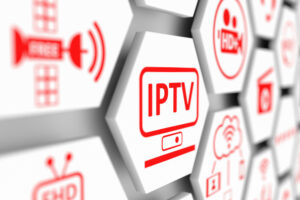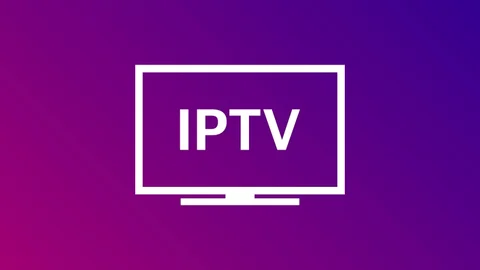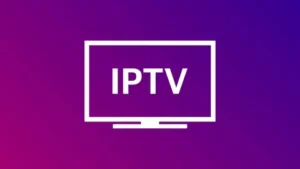
IPTV for Streaming: Top Reasons to Make the Switch Today
Top 10 Reasons to Switch to IPTV for Streaming Why Choose IPTV for Streaming? One of the key IPTV advantages is its affordability. Compared to

IPTV stands for Internet Protocol Television, a technology that transmits television content through the internet rather than via traditional satellite or cable systems. This modern approach allows viewers to access live TV, on-demand videos, and other features in a more customizable and convenient manner.
Key Characteristics of IPTV:
| Feature | IPTV | Traditional TV |
|---|---|---|
| Delivery Method | Internet Protocol (IP) | Satellite/Cable signals |
| Flexibility | High, with customizable viewing options | Limited, with fixed programming |
| Content Access | Extensive, including international content | Often regional or local content |
| Device Compatibility | Works with various devices | Primarily TV sets |
IPTV operates by streaming television content over the internet. Here’s a breakdown of its operation:
IPTV offers several ways to consume content, each with unique features:
The future of IPTV looks promising with technological advancements and growing demand for flexible viewing options. Key trends include:
What equipment do I need for IPTV?
Can I use IPTV on multiple devices?
Is IPTV legal?
What is the difference between IPTV and traditional cable TV?
IPTV (Internet Protocol Television) represents a modern and flexible approach to television viewing, leveraging internet technology to deliver high-quality content. By understanding how IPTV operates, the types of services available, and the benefits and challenges, you can make an informed decision about integrating IPTV into your media consumption habits. As technology continues to advance, IPTV is set to play an increasingly significant role in how we experience television.

Top 10 Reasons to Switch to IPTV for Streaming Why Choose IPTV for Streaming? One of the key IPTV advantages is its affordability. Compared to

How to Set Up IPTV on Smart TV What Is IPTV and How Does It Work? IPTV (Internet Protocol Television) delivers television content through the

What is IPTV and How Does It Work? What is IPTV? IPTV stands for Internet Protocol Television, a technology that transmits television content through the

IPTV for Live Sports Streaming: Everything You Need to Know Why Choose IPTV for Live Sports Streaming? Choosing IPTV for live sports streaming offers several

Best IPTV Subscription 2024: Your Ultimate Guide As we move into 2024, the demand for high-quality IPTV (Internet Protocol Television) services continues to grow. With
WhatsApp us